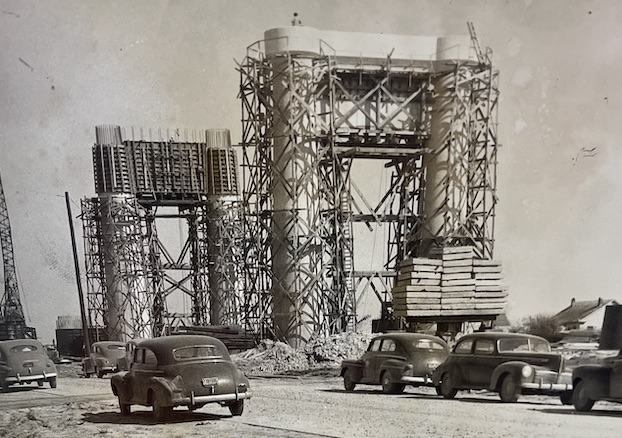Orphaned wells are continuing problem
Published 6:00 pm Tuesday, April 21, 2020
Courtesy of dnr.louisiana.gov
Declining oil prices have drastically affected the state’s efforts to handle the orphaned well problem that has been ongoing for years. The legislative auditor’s office said the Department of Natural Resources (DNR) Office of Conservation has made dramatic improvements since a 2014 audit, but the state is still falling short of what needs to be done.
Legislative Auditor Daryl Purpera in a letter to state legislators said the office’s improved regulatory practices actually resulted in a 50 percent increase in the number of orphaned wells. The Advocate reported that as of Jan. 1 the state had 4,295 orphaned wells, which the conservation office estimates will take $128 million and nearly 20 years to properly plug.
The audit said the office is behind in forcing operators to plug disused wells that are yet to be abandoned and has failed to conduct required re-inspections of hundreds of out-of-compliance wells.
It added that a dozen financial institutions that were supposed to back company financial security instruments had not paid $5 million owed the state for well closures.
The newspaper said Patrick Courreges, a spokesman for the DNR, blamed regulatory problems in part for the state’s large inventory of inactive or marginally producing wells. He said some are dating back a century and many are owned by anemic companies.
Courreges said with oil prices hovering below $30 a barrel it is difficult to press companies to do something when they may be forced to go out of business. That produces even more orphaned wells, which he said happened when oil prices cratered in 2008, 2015 and 2016.
A survey of oil and gas firms released recently by the Federal Reserve Bank of Kansas City found that only 61 percent of oil and gas firms believed they would remain solvent during the next year if the price of oil stays at $30 per barrel. That number went up to just 64 percent if the price went to $40 per barrel.
The audit said while the state has made it harder for well operators to avoid providing financial security guarantees, only two-thirds of the state’s 52,826 regulated wells had any such guarantees. It recommended that the Legislature make all of its regulatory fees high enough to cover plugging wells and suggested increasing production fees for natural gas wells.
Orphaned wells can cause costly environmental and other problems, and a solution needs to be found. Unfortunately, this isn’t the best of economic times to give the oil and gas industry any additional problems.
_______
This editorial was written by a member of the American Press Editorial Board. Its content reflects the collaborative opinion of the Board, whose members include Crystal Stevenson, John Guidroz, Jim Beam and Mike Jones.





